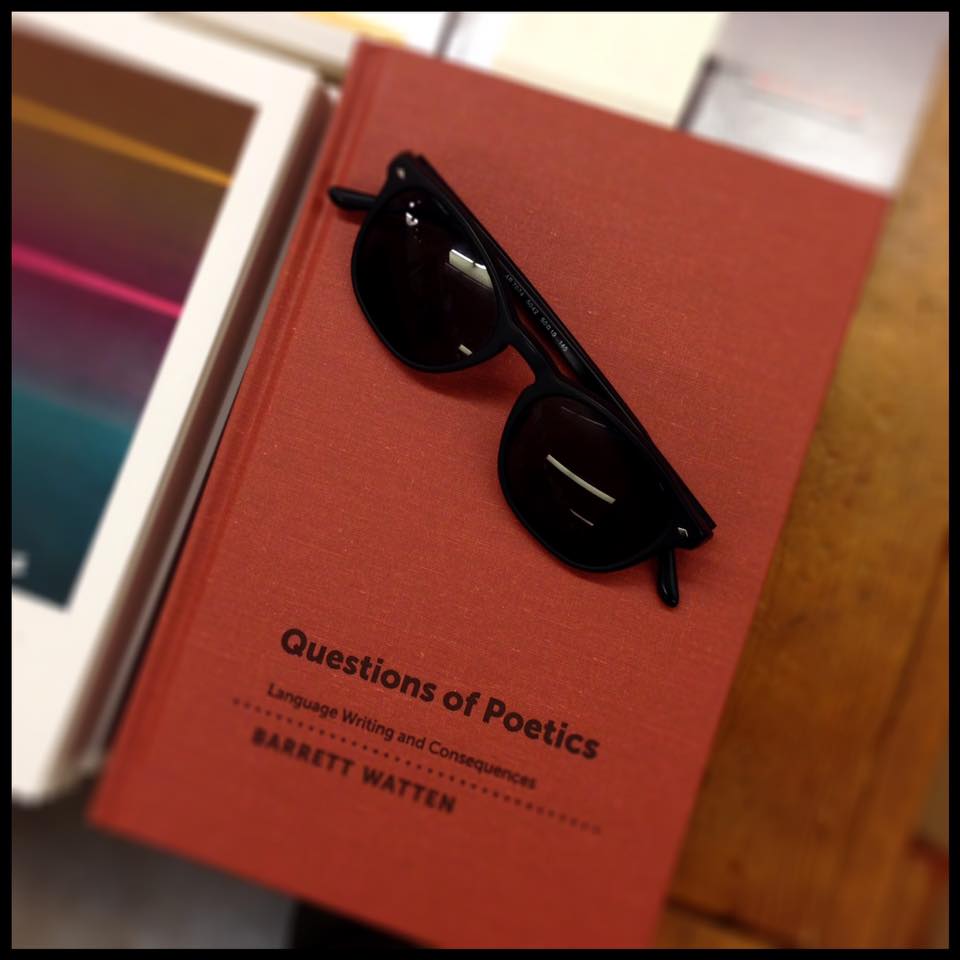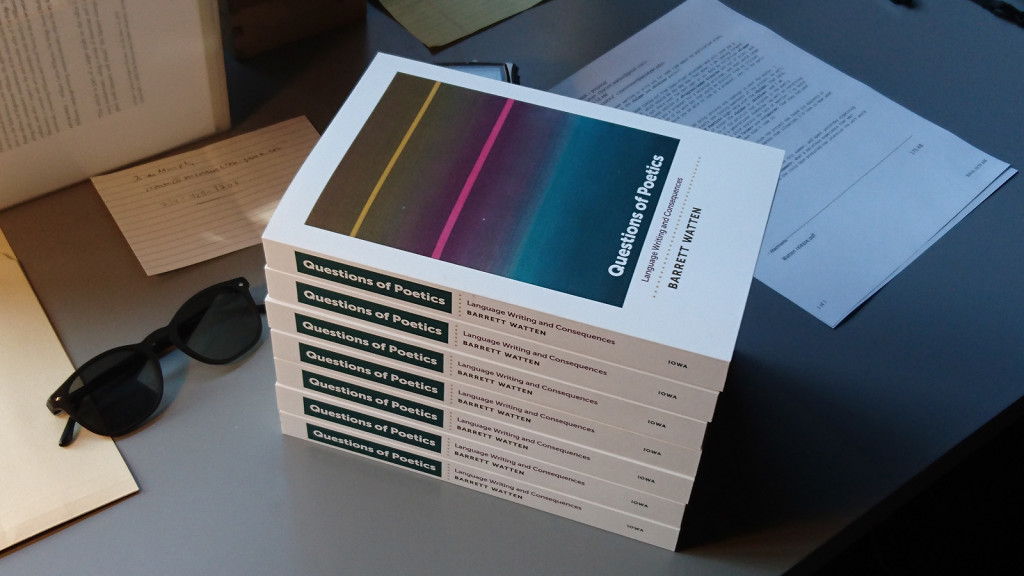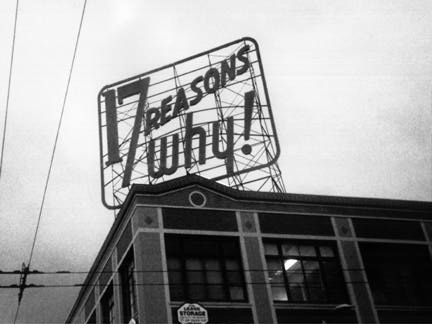
The New Blast (final 25)
Blast the Incarnation of Greed!
Blast the Body without Organs!
Blast the Monetization of Pain!
Blast the Nation off its Borders!
Blast the Tyranny of Dichotomy!
Blast Disappearance of the Other!
Blast final Monotony of the Same!
Blast Psychic Fantasy of Destruction!
Blast the Triumph of Anamorphosis!
Blast whomever is Not Listening!
Blast whomever Does Not Get It!
Blast Core Values of Individuation!
Blast the Blindness of Self-Interest!
Blast Regression Analysis of Fact!
Blast the Obscuration of Predictors!
Blast our Total Amnesia of the Past!
Blast our Presentism of Hate Speech!
Blast our Incomprehensible Futurity!
Blast Past, Present, and Future then!
Blast Action and Nonaction from Fear!
Blast Fear making Good People Quiet!
Blast Fear undoing Logical Inference!
Blast Fear perverting Common Sense!
Blast Fear returning us to Barbarism!
Blast Fear the Seducer of the People!
[after Wyndham Lewis; return to part I]

















